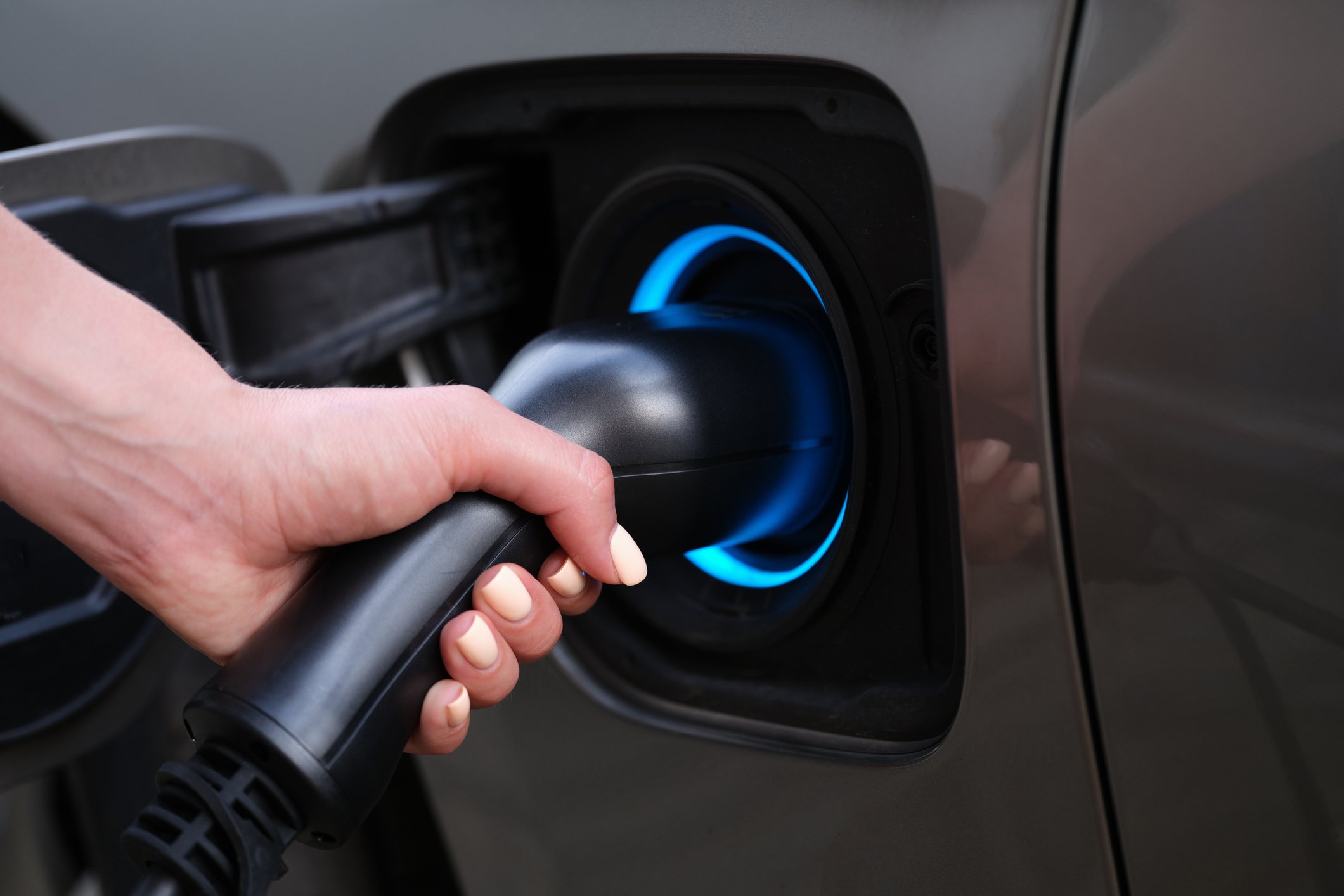Electric vehicles, or EVs, have fully entered the public consciousness, in large part because of the success and publicity generated by Tesla Motors' (TSLA +0.04%) Model S. However, investors should remember that the company's sales are still measured in the tens of thousands per year -- a mere drop in the bucket compared to sales by major auto manufacturers.
In other words, the EV is a long way from mainstream, despite the popularity of the idea. And for good reason, considering there remain challenges that EV makers must work through before the battery-electric vehicle really hits Main Street America. Here's a closer look at three of those challenges, as described by three of our contributors.
Daniel Miller: Finally, gone are the stereotypical images of slow and impractical electric vehicles, thanks to Tesla's Model S, which is probably closer to a Porsche than a Prius. On top of defying historical EV stereotypes, the Model S also gave consumers and investors reason to believe the auto industry's age-old ways of fossil-fuel-powered vehicles could be entirely disrupted.

Image source: Getty Images.
Electric vehicles are clean in the sense that they don't have a combustion engine or gas tank, and thus no exhaust emissions. However, that's about as far as many investors think when considering the "green" debate surrounding Tesla's futuristic EVs -- but that's not the entire story.
As Tesla vehicles continue to strive toward mainstream adoption, there will be arguments made against how "green" the EVs really are. Because Tesla doesn't run on magic, the electricity used to power the vehicles has to be generated somewhere -- and in the U.S., that means about 38% of that electricity comes from coal. That's a really broad stroke to paint, because how "green" your Tesla or other EV is, and the impact it has on the environment, largely depends on where you live. California, on one hand, has more than half of its electricity generated by natural gas supplies, while West Virginia has roughly 90% of its electricity generated by coal, meaning a Model S driving in West Virginia has more of an impact on the environment than its counterpart in California.
Now, for the record, Tesla's Model S is rated for a miles-per-gallon equivalent of 89 (though it's been noted as checking in at less than that level in many real-world instances). That's more efficient than a Prius but far from purely "green" for the environment. Plus, EVs and their environmental impact go beyond how the electricity is generated.
Tesla's vehicles also use lithium-ion batteries, and studies by the Environmental Protection Agency and the U.S. Department of Energy have showed that batteries such as these that use cathodes with nickel and cobalt, as well as solvent-based electrode processing, can have serious environmental impact -- including ecological toxicity and contribution to global warming, among other factors.
While these negative impacts of EVs and their batteries sound bad, and they can be, it should be noted that much of what goes into a lithium-ion battery is valuable, and Tesla has taken steps to recycle much of the batteries' components. However, as EVs strive to become mainstream transportation options, investors need to arm themselves with the knowledge of just how clean and green this potentially disruptive technology is.
John Rosevear: Even with advanced technology like Tesla's Superchargers, battery-electric cars take a long time to recharge -- much longer than filling up a conventional car's gas tank.
I think most investors in Tesla and other battery-electric efforts just kind of assume that recharging times will drop significantly as the technology advances. Maybe they will. But the world's largest maker of green cars is betting that they won't -- and that long recharging times will prove to be an insurmountable obstacle to mass adoption of electric cars.
One would think that Toyota (TM 0.07%) could easily build a battery-electric car to rival Tesla's Model S, or at least its upcoming Model 3. After all, Toyota has been building hybrids for almost two decades. It has a wealth of experience with batteries.
But Toyota's scientists don't see a way to reduce charging times enough to overcome consumers' objections -- at least, not without massive inefficiencies. That's why the company has put its efforts behind hydrogen fuel cells -- a "better battery," as Toyota executives say.
It's possible that they're wrong. Someone might well make a technological breakthrough that allows for efficient, fast recharging. Or recharging times might get "good enough" to overcome most objections and create unstoppable momentum for the technology.
But the fact that it's Toyota -- of all companies -- that is making this argument should give investors pause.
Jason Hall: Another challenge for EV adoption is that it's not suitable for one of the most fuel-intensive applications: heavy-duty vehicles. It's estimated that the 2 million to 3 million heavy-duty trucks operating in the U.S. alone consume more than 35 billion gallons of fuel annually. On a per-vehicle basis, these heavy haulers consume 30 times as much fuel as the average automobile, so reducing consumption in this segment would go a long ways toward reducing oil dependence, and also offer huge cost savings for the trucking industry. Sounds like an area ripe for electric systems, right?
However, the technology is nowhere near workable for trucking applications. A class 8 commercial truck hauls up to 80,000 pounds and may travel 300 miles between fuel stops. Current EV technology would take about 30,000 pounds of batteries just to move that much weight, and it would take hours to recharge the batteries.
That's before we even consider that the equipment would cost three to five times as much as a current rig. The Peterbilt/Wal-Mart "supertruck" demonstrated this point, using some EV components, if not full battery power.
But the supertruck cost millions to build.
There are a number of other technologies out there with some momentum -- including natural gas, which is cleaner and cheaper than diesel -- but it doesn't look like battery-electric technology will be addressing heavy-duty trucking for many years, if ever.







